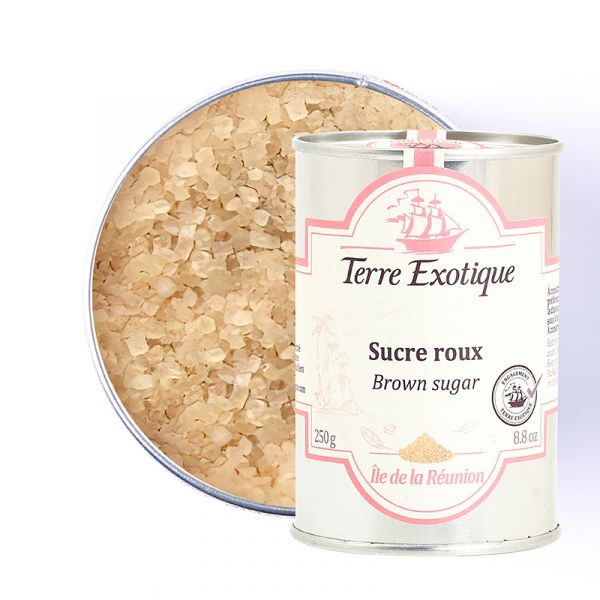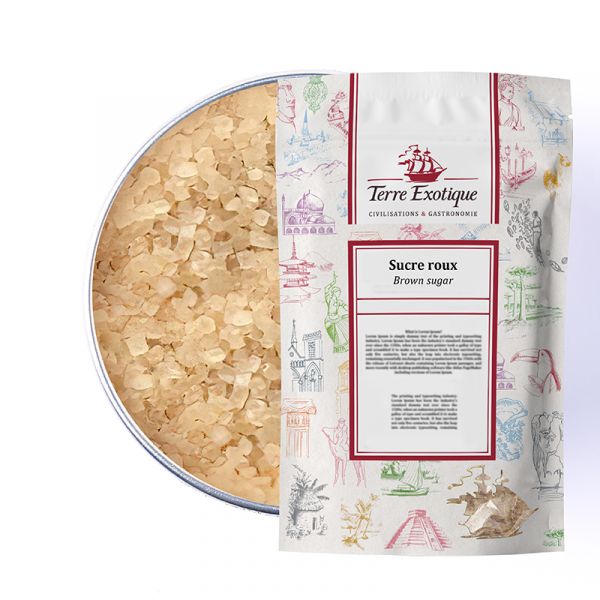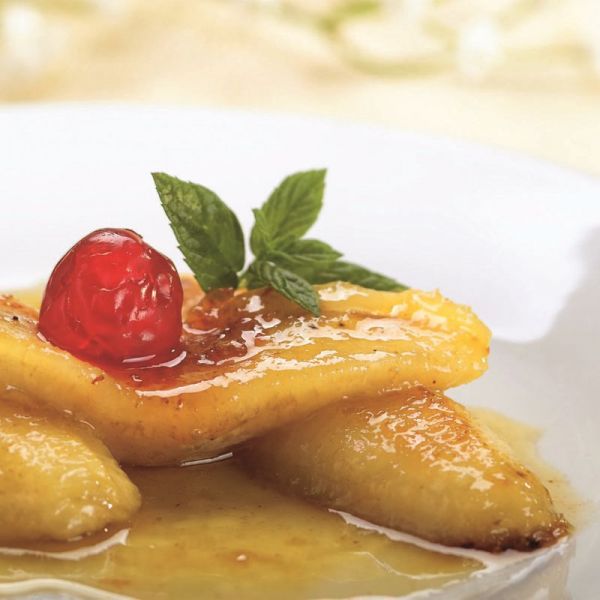





How to Incorporate Brown Sugar into Your Cooking?
It can be used in various ways, particularly to sweeten desserts such as cookies, cakes, and pies, where it adds a depth of caramelized flavor. Brown sugar is also excellent for preparing sauces and marinades as it easily blends with other ingredients while providing a rich aromatic complexity. Lastly, sprinkled on dishes like oatmeal, yogurts, or cooked fruits, brown sugar offers a subtle sweetness and crunchy texture.
A Few Recipe Ideas for Cooking with Brown Sugar
- - Honey and Brown Sugar Glazed Carrots: Cook carrots in a pan with butter, honey, and brown sugar until tender and caramelized;
- - Caramelized Brown Sugar Bananas: Melt brown sugar in a pan with butter, then add banana slices. Sauté until golden and coated in caramel;
- - Brown Sugar Barbecue Marinade: Mix brown sugar, soy sauce, minced garlic, rice vinegar, and grated ginger to create a flavorful marinade for meat;
- - Rustic Apple Pie: Replace white sugar with brown sugar in the filling of your apple pie for a deeper, caramelized flavor;
- - Brown Sugar and Chocolate Chip Cookies: Cookies made with brown sugar have a rich flavor and a chewy texture. Add chocolate chips for an extra touch of indulgence.
Add a Touch of Warmth to Your Dishes with Terre Exotique Brown Sugar
Its delicate aroma evokes warm notes of caramel and vanilla, with slightly smoky and earthy undertones. These complex notes add a subtle depth of flavor to desserts like cookies, cakes, and sauces. Additionally, brown sugar brings a comforting warmth to savory dishes such as marinades, barbecue sauces, and stews.
From Sugar Cane to Plate
This sugar comes from the partial refining of sugar cane juice. It contains 5% molasses, which gives it its blonde color and subtle vanilla flavor. After harvesting, sugar cane is pressed to extract the juice. The juice is then heated to evaporate the water and concentrate the sugar, which will agglomerate and crystallize. This brown sugar is also called Demerara sugar.
The History of Brown Sugar
Originating from New Guinea, sugar cane cultivation dates back to antiquity. However, its spread across the world was largely attributed to the Arabs in the Middle Ages, who introduced it to the Eastern Mediterranean, Africa, and then Spain. Demerara sugar, often referred to as brown sugar, is exclusively produced from sugar cane. The appearance of the first individually wrapped sugar cube took place in Paris in 1908, quickly gaining popularity thanks to the strict hygiene standards adopted in the early 20th century.
| Allergen | Absence |
|---|---|
| Native country | Ile de la Réunion |
| Ingredients | brown cane sugar |
| Nutritional Info | VN Energie pour 100 g (energy for 100g) : 1700 kJ / 400 kcal VN Matière grasse (fat) : 0 g Dont acide gras saturés (of which saturated fat) : 0 g VN Glucides (carbohydrate) : 100 g Dont sucres (of which sugars) : 100 g VN Protéines (protein) : 0 g Vn Sel (salt) : 0 g |
| TRACES EVENTUELLES D'ALLERGÈNES | céleri, sésame, moutarde, fruits à coques. |
 Français
Français 